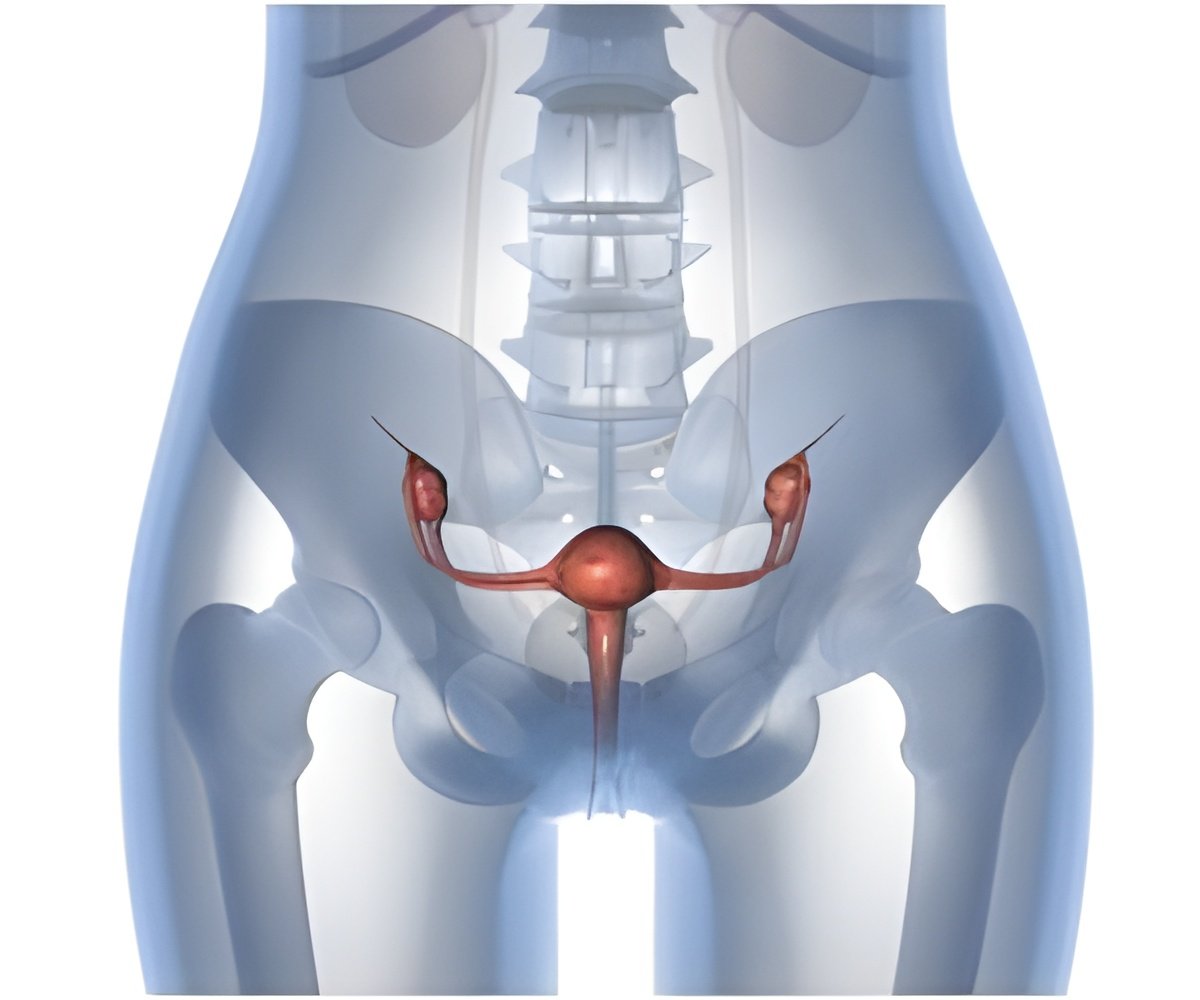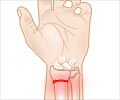Patients who suffer hip fractures should be rapidly taken through hospital emergency departments and operated on within 48 hours of admission.

However, patients in one in five hospitals in England and Wales currently wait longer than two days, risking lengthier inpatient stays, increased health problems - such as pressure sores, pneumonia and blood clots - and even an increased chance of death if the delay is prolonged.
The Association of Anaesthetists of Great Britain and Ireland teamed up with a number of other organisations, including the Age Anaesthesia Association and British Orthopaedic Association, to develop the new ten-point plan for the Management of Proximal Femoral Fractures.
"Unlike existing guidelines, they review the current clinical evidence and also recommend best practice in numerous circumstances where evidence is controversial or incomplete, based on expert consensus" says consultant anaesthetist Dr Richard Griffiths, who chaired the working party.
"These are the first guidelines to cover some of the difficult clinical problems faced by anaesthetists on a daily basis.
"For example, we recommend that if any investigations need to be carried out on patients with systolic heart murmurs, this should be done as a matter of urgency to avoid delaying their operations.
Advertisement
Hip fractures present unique challenges for anaesthetists as they often occur in elderly patients with significant health problems, stresses Dr Griffiths.
Advertisement
"Bringing together experts in anaesthesia, orthopaedics, geriatrics and emergency medicine has enabled us to look at the journey of the hip fracture patients from admission to discharge and recommend how their care can be maximised by everyone involved."
Approximately 77,000 patients break their hips in the UK every year, spending an average of 16 days in hospital and costing the National Health Service £785 million. The majority (95 per cent) occur in people over 60 years of age and 75 per cent occur in females.
More than eight per cent of patients will die within 30 days of a hip fracture, especially if they are older, sicker or male, and this figure rises to up to 30 per cent within a year. It has been suggested that half of postoperative deaths are potentially preventable.
Only 44 per cent of UK patients admitted from home are discharged back to their home within 30 days of surgery. A further 22 per cent are discharged to a residential or nursing home and they can often spend a long time in hospital waiting for admission to these facilities, blocking much needed beds.
The ten-point action plan advises that:
- There should be protocol-driven, fast-track admission of patients with hip fractures through the emergency department.
- Patients with hip fractures require multidisciplinary care, led by orthogeriatricians.
- Surgery is the best analgesic for hip fractures.
- Surgical repair of hip fractures should occur within 48 hours of hospital admission.
- Surgery and anaesthesia must be undertaken by appropriately experienced surgeons and anaesthetists.
- There must be high-quality communication between clinicians and allied health professionals.
- Early mobilisation is a key part of the management of patients with hip fractures.
- Pre-operative management should take into consideration plans for the patient's discharge from hospital.
- Measures should be taken to prevent secondary falls.
- Continuous audit and targeted research is required in order to inform and improve the management of patients with hip fracture.
"We hope that our guidelines will address current variations in clinical practice so that patients can all benefit from a more consistent approach" concludes Dr Griffiths, who is also lead clinician for the National Health Service Hip Fracture Perioperative Group, an initiative started by anaesthetists, but with increasing membership from orthogeriatricians.
Source-Eurekalert















